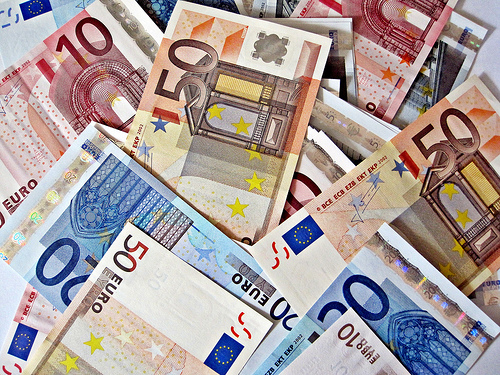
Partners in crisis: EU strategic partnerships and the global economic downturn

ESPO Report 1, Nov. 2012.
(Photo credit: Images_of_Money, Flickr)